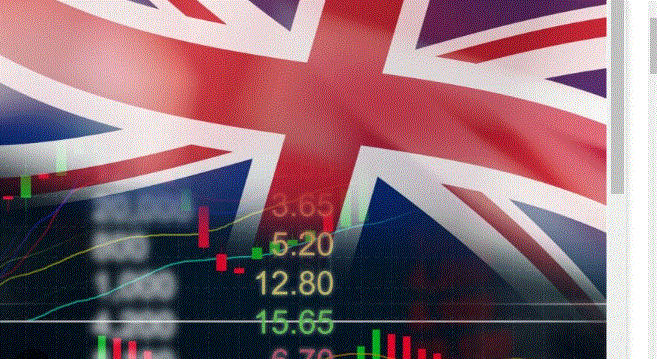The Office for National Statistics (ONS) has reported a notable slowdown in headline inflation in the UK, which decelerated by 30 basis points to 2.0% year-on-year (y/y) in May, down from 2.3% y/y in April. This marks the lowest inflation rate since July 2021, when it also stood at 2.0% y/y.
The deceleration in inflation was primarily driven by a slowdown in food and energy prices compared to the same period last year. Food prices rose by 1.7% y/y in May, a decrease from April’s 2.9% y/y, marking the fourteenth consecutive month of slowing growth and reaching a 32-month low. This moderation in food inflation is largely attributed to the easing of wheat costs, which has led to lower prices for bread and cereals.
Energy prices continued their negative trend, falling by 15.9% y/y in May, though this was a slight improvement from the 16.7% y/y decline recorded in April. The softened pace of contraction in energy prices was due to higher motor fuel costs during the review period.
On a month-on-month basis, headline inflation remained steady at 0.3% in May, unchanged from April’s 0.3% m/m.
Despite the significant easing in inflationary pressures, which provides some relief to consumers and policymakers, there are expectations of a short-term rebound in inflation. This anticipated rebound is primarily due to rising energy prices, especially as the government begins phasing out its energy price cap.
The latest inflation data suggests that while consumers may enjoy some respite from rising costs, the underlying volatility in energy prices could pose challenges. Policymakers are likely to remain cautious, balancing the need to support economic growth while managing inflationary risks.














